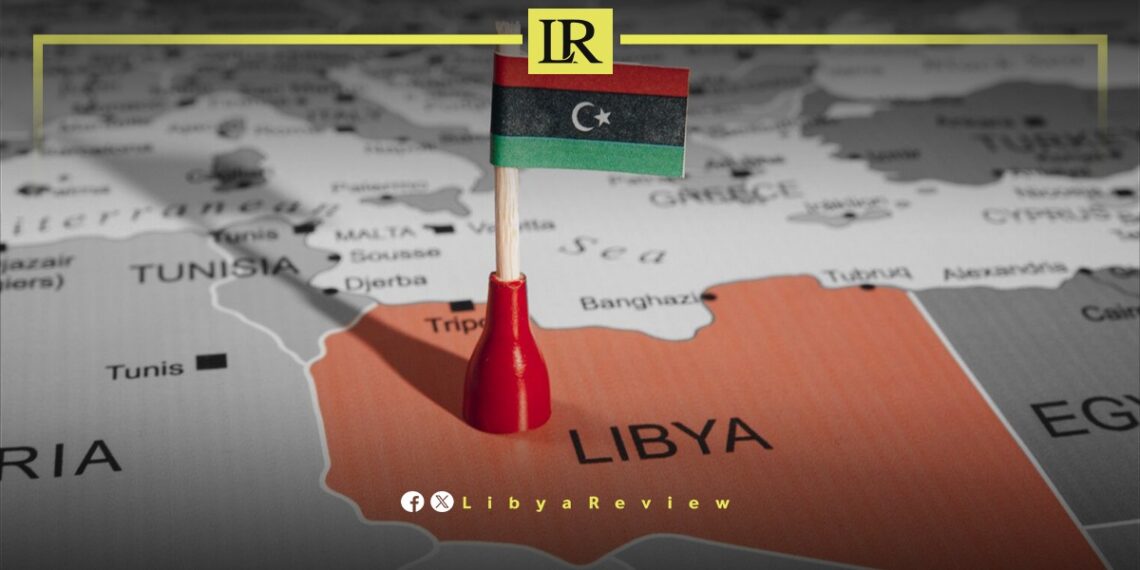The UAE-based TRENDS Research and Advisory Center has identified the complex political and security situation in Libya, attributing it once again to the failure of conducting presidential and parliamentary elections and the presence of two rival governments vying for power. This situation has reverted the country to the instability experienced between 2014 and 2021.
However, in a recent study, TRENDS highlighted real signs of a potential breakthrough in the ongoing political and security crisis in Libya. This comes amid calls for reconciliation and the local and international preparations for a conference scheduled to be held at the end of April in the city of Sirte.
The center pointed to the stalled efforts of the United Nations Support Mission in Libya, hindered by the UN envoy Abdoulaye Bathily’s inability to act independently, away from the intricate international and regional interventions in Libya, especially concerning specific issues like election laws and the government urged by the House of Representatives to be formed instead of the current Government of National Unity in Tripoli and the parliament-appointed government in Benghazi.
TRENDS emphasised that resolving the Libyan crisis hinges on overcoming current obstacles, notably the formation of a new unified government. This includes mediating an agreement between the Speaker of the House of Representatives, Ageela Saleh, and the Head of the High Council of State, Mohamed Takala, bridging various major Libyan factions, reducing foreign interventions, and the international community playing its desired role in supporting the political process.
This study underlines the complexities of Libya’s situation but also brings a glimmer of hope for a peaceful resolution, underscoring the importance of international and local cooperation for Libya’s future.
Libya has been in chaos since a NATO-backed uprising toppled longtime leader Muammar Gaddafi in 2011. The county has for years been split between rival administrations.


